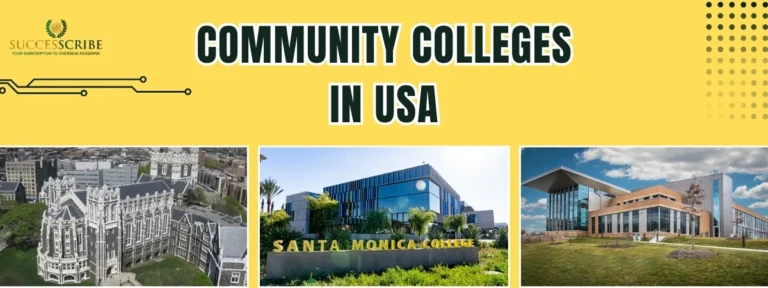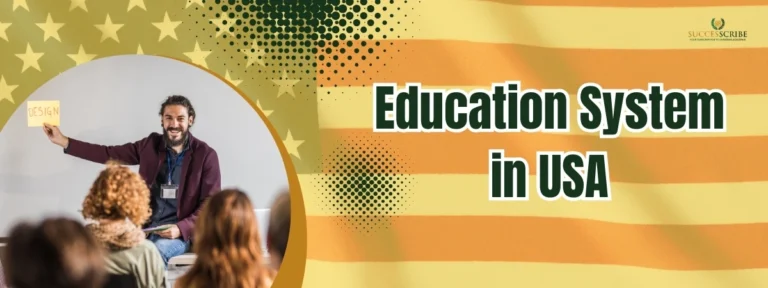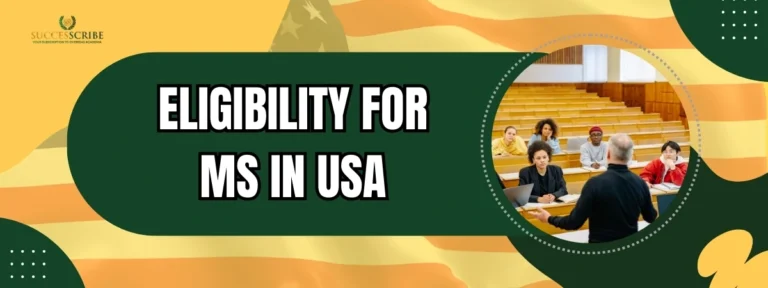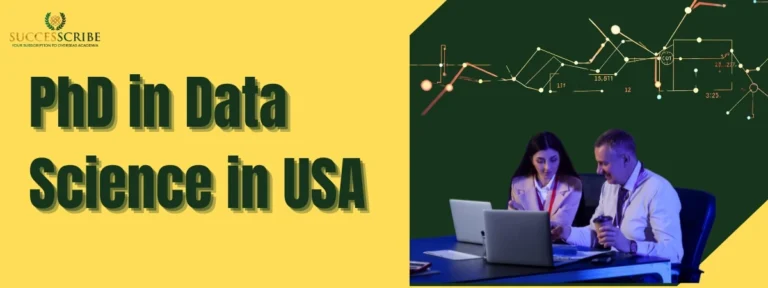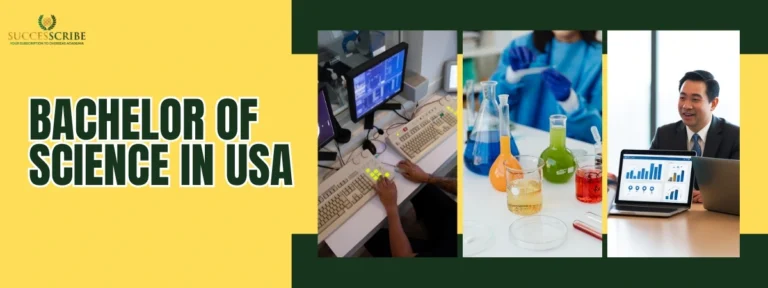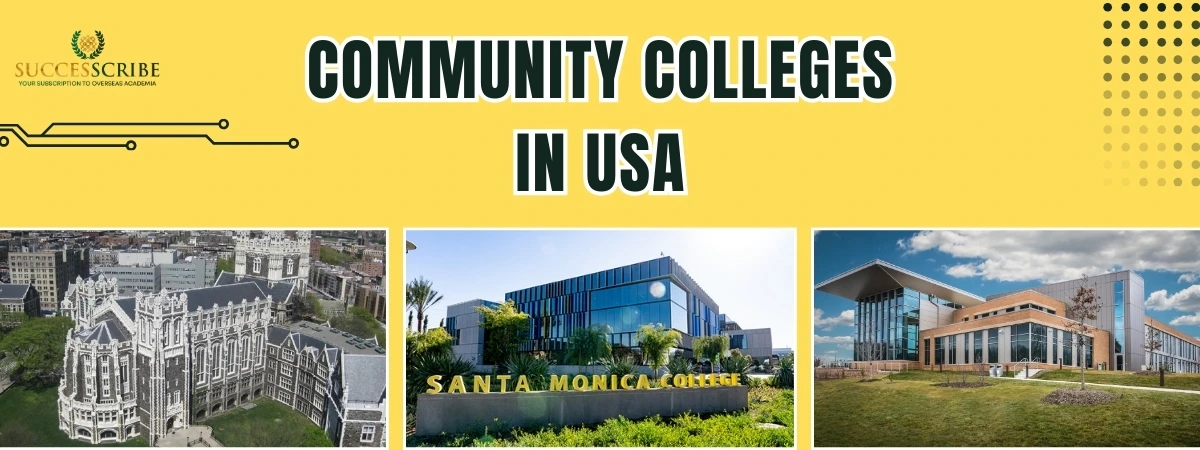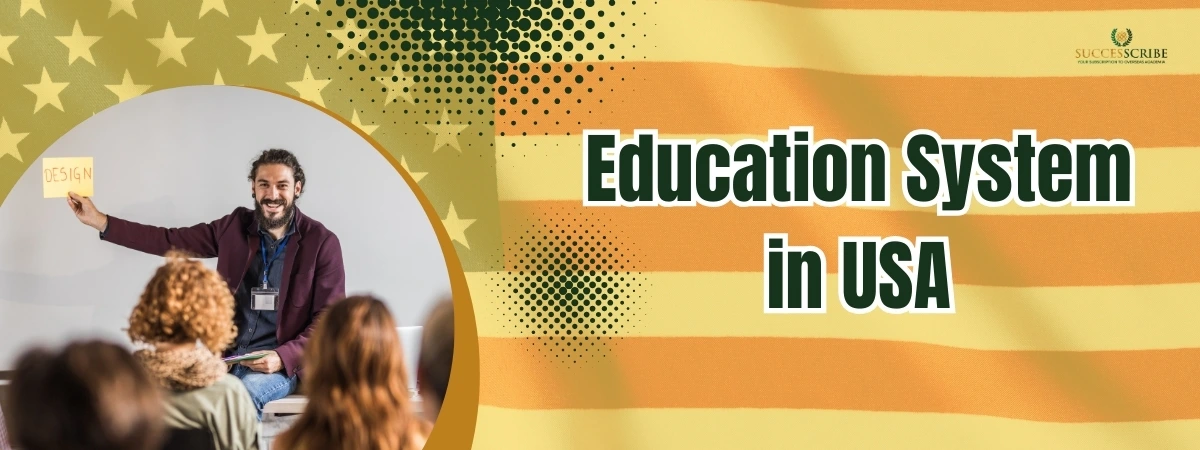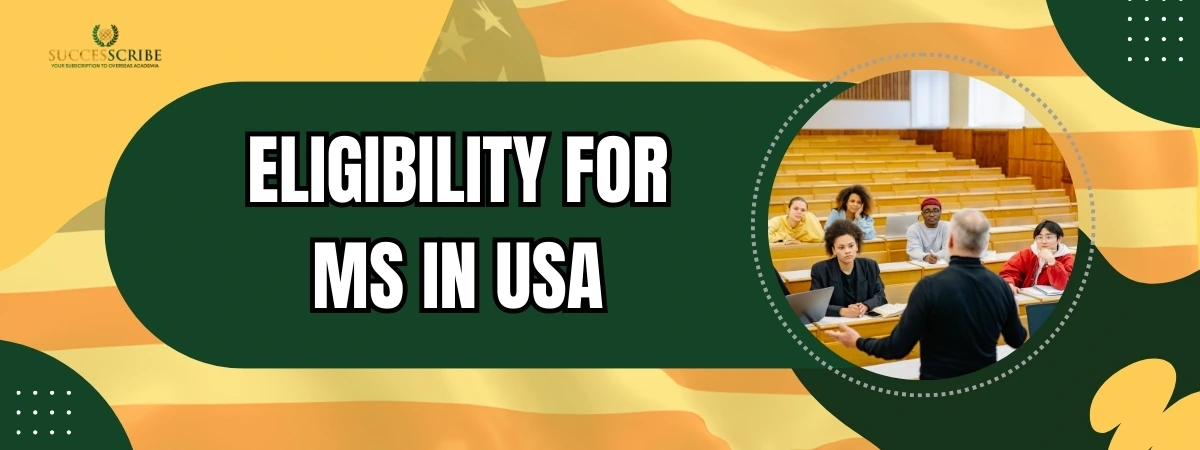A Statement of Purpose (SOP) is a written essay that outlines your academic achievements, research interests, professional goals, and reason for pursuing a Master’s degree in Computer Science. In the context of the USA, where universities value individuality, the SOP allows you to speak directly to the admissions committee.
Sample SOP for MS in Computer Science in USA
- Introduction: Personal Motivation and Background
From the moment I automated my family’s monthly expense tracker at age 15 using a basic Python script, I realized that coding wasn’t just a skill it was a language through which I could solve real-world problems. Over the years, this curiosity transformed into a structured pursuit of knowledge, culminating in my undergraduate degree in Computer Science. Today, I am eager to deepen my technical foundations, explore advanced computing domains, and contribute to innovative solutions through a Master of Science in Computer Science in the United States.
- Academic Background: Foundation of Technical Competence
My undergraduate journey at [University Name], where I graduated with a CGPA of 8.9/10, laid a robust groundwork in core Computer Science concepts. Courses like Data Structures and Algorithms, Operating Systems, Artificial Intelligence, and Database Management Systems were instrumental in shaping my logical and analytical thinking. I consistently ranked among the top 10% of my class and actively participated in coding competitions, earning accolades at regional hackathons and inter-college fests.
A pivotal academic highlight was my final-year project titled “Smart Crop Disease Detection Using Deep Learning”, where I applied convolutional neural networks (CNNs) to identify plant diseases via image classification. Using TensorFlow and Keras, we achieved a 94% accuracy rate on real-world datasets. This project was later presented at a national-level symposium.
- Project and Internship Experience: Applied Learning
Beyond academics, my hands-on experience through projects and internships reinforced my passion for applied computing. During a 3-month internship at Tata Consultancy Services, I was part of a team developing a microservices-based architecture for a retail platform. I contributed by optimizing the product recommendation algorithm using collaborative filtering, which led to a 17% improvement in recommendation accuracy.
Additionally, I developed a real-time traffic congestion tracker using Google Maps API and Firebase, which won 2nd place in a Smart City Hackathon. These experiences taught me how to integrate theory with practice and exposed me to version control systems (Git), DevOps tools (Docker, Jenkins), and cloud platforms (AWS).
- Technical Interests and Research Inclinations
My core interests lie in Artificial Intelligence, Machine Learning, and Cloud Computing. I am particularly fascinated by the intersection of AI and healthcare—how predictive analytics can revolutionize diagnostics and patient care. I have completed online certifications in Machine Learning by Stanford University (Coursera) and AWS Cloud Practitioner, which enriched my foundational knowledge and sparked interest in research-oriented study.
The U.S. is globally recognized for pioneering innovation in these domains. I am especially keen to work on applied machine learning problems under the guidance of research-active faculty.
- Why This University?
After thoroughly researching multiple institutions, I am particularly drawn to [University Name] because of its cutting-edge research in AI and distributed systems, flexible curriculum, and collaboration opportunities with the industry. I am inspired by the work of Professor Jane Smith on ethical machine learning and Professor John Doe’s lab on cloud-native architectures. Courses such as Advanced Algorithms, Big Data Processing, and Scalable Systems align perfectly with my career aspirations. The university’s culture of innovation, supported by state-of-the-art facilities and diverse student communities, makes it an ideal environment for my academic and professional growth.
- Career Goals: Vision for the Future
In the short term, I aim to work as a Machine Learning Engineer or AI Research Associate at a top tech firm like Google, Nvidia, or Amazon. Long-term, I envision founding a tech startup that develops AI-powered tools for healthcare diagnostics in underserved regions. An MS in Computer Science from the U.S. will equip me with both the theoretical knowledge and practical skills required to achieve this vision. I am especially excited to engage with cross-disciplinary teams and entrepreneurial resources available at your university.
- Conclusion: Commitment, Readiness, and Gratitude
I believe that my academic record, project experience, and research interests have prepared me well for the rigors of graduate study. More importantly, I bring with me an insatiable curiosity, a deep respect for collaborative learning, and a sincere desire to contribute to the academic and social fabric of your institution. I am grateful for the opportunity to apply and look forward to contributing to the university’s legacy of excellence.
Thank you for considering my application.
Sincerely,
[Your Full Name]
Suggested Post: MBA in USA without work experience
Why SOP is Important for MS in CS Admissions
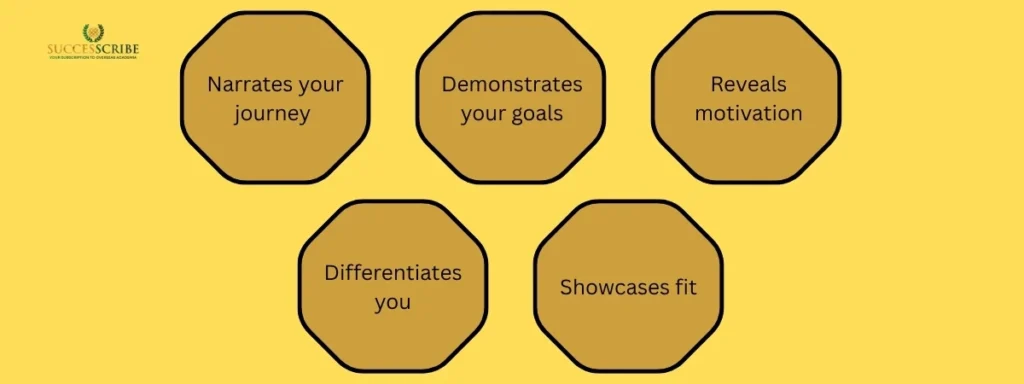
The SOP is your opportunity to stand out in a competitive applicant pool. Here’s why it matters:
| Importance of SOP | Explanation |
| Narrates your journey | It explains your academic background and how you arrived at your decision to pursue an MS in CS. |
| Demonstrates your goals | Universities want students with clarity in their goals, both short-term and long-term. |
| Reveals motivation | A compelling SOP shares personal motivations and how an MS fits into your story. |
| Showcases fit | It shows how your background aligns with the curriculum and faculty at the university. |
| Differentiates you | In a pool of applicants with similar GPAs and GRE scores, your SOP can be the deciding factor. |
Suggested Post: Fulbright scholarship in USA
Format and Structure of SOP for MS in Computer Science in USA
While every SOP is unique, a generally accepted structure includes the following:
| Section | Content to Include | Key Questions to Answer | Word Count (approx.) | Tips |
| 1. Introduction | Brief background and motivation to pursue MS in CS | – What sparked your interest in CS?- Why are you applying now?- Why MS in USA? | 80–100 words | Start with a personal story, anecdote, or quote to hook the reader |
| 2. Academic Background | Undergraduate studies, GPA, coursework, and academic growth | – What is your educational background?- What subjects/projects did you enjoy most?- How did your UG degree prepare you? | 120–150 words | Mention specific courses (e.g., Data Structures, ML), grades, and achievements |
| 3. Projects & Research Experience | Important academic or personal projects | – What were your major projects?- What tools/technologies did you use?- What were the outcomes/impact? | 150–200 words | Use quantitative results and technical terms where applicable |
| 4. Internship / Work Experience (if any) | Internships, part-time jobs, or full-time roles | – Where did you work?- What role did you play?- What technical and soft skills did you gain? | 120–150 words | Highlight teamwork, real-world impact, and tools like Git, Python, AWS, etc. |
| 5. Technical & Research Interests | Areas of focus for MS studies | – What fields excite you (AI, Data Science, Cybersecurity)?- Why do they interest you?- Any past work in these areas? | 100–120 words | Match your interests with university strengths |
| 6. Why This University | Reason for choosing the specific university | – Which professors or labs do you admire?- What courses excite you?- How does it align with your goals? | 100–130 words | Mention professor names, courses, or facilities unique to the university |
| 7. Career Goals | Short-term and long-term aspirations | – Where do you see yourself after MS?- What job roles or companies are you targeting?- Long-term vision? | 100–130 words | Be clear and realistic; show ambition with direction |
| 8. Conclusion | Closing statement with gratitude and readiness | – Why do you feel ready?- What will you contribute?- Gratitude for consideration? | 80–100 words | End with a confident and hopeful tone |
Suggested Post: Best states in USA for international students
Tips to Write a Winning SOP for MS in Computer Science in USA
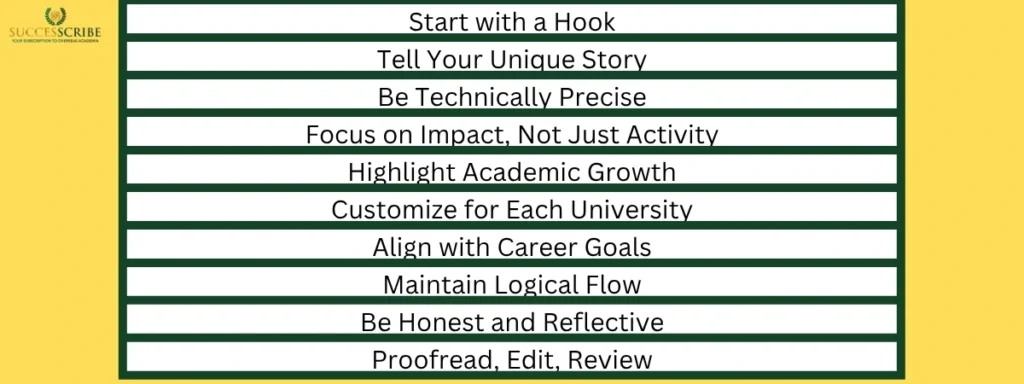
Writing a powerful SOP (Statement of Purpose) is more than just summarizing your resume. It’s your chance to narrate your journey, prove your passion, and convince the admissions committee that you are the perfect fit for their Computer Science program.
To help you stand out from thousands of applicants, here are expert-level tips, formatted clearly and practically with tables and bullet points where needed.
| What to Do | Why It Matters | Example or Insight |
| Start with a Hook | First impressions matter | Use a personal story, quote, or insight to make the opening memorable. Avoid generic lines like “Since childhood… |
| Tell Your Unique Story | Stand out from similar profiles | Share what makes your journey in Computer Science different (e.g., a failed project you learned from, early self-learning). |
| Be Technically Precise | Shows your competence and readiness | Mention specific tools, programming languages (e.g., Python, TensorFlow), or algorithms you’ve worked with. |
| Focus on Impact, Not Just Activity | Admissions committees want problem-solvers | Rather than just listing a project, explain what problem it solved and its outcome (quantify results if possible). |
| Highlight Academic Growth | Demonstrates learning attitude | Talk about how specific courses shaped your thinking or sparked research interest (e.g., “Operating Systems taught me…”). |
| Customize for Each University | Shows genuine interest | Mention university-specific faculty, labs, or electives like “Advanced Algorithms” at CMU or “Data Mining” at Stanford. |
| Align with Career Goals | Shows direction and ambition | Explain how the program connects to your short-term (e.g., software engineer at Meta) and long-term (e.g., AI startup founder) goals. |
| Maintain Logical Flow | Improves readability | Use transitions like “Furthermore,” “This led me to…,” “Consequently” to maintain narrative coherence. |
| Be Honest and Reflective | Makes your SOP authentic | Don’t exaggerate. It’s okay to mention challenges you’ve overcome (e.g., failing a subject, changing majors). |
| Proofread, Edit, Review | Avoids rejection due to grammar/spelling | Review at least 2–3 times. Use tools like Grammarly or have a mentor/consultant review it. |
Suggested Post: Best place to study in USA
What to Do & What to Avoid
The SOP for MS in Computer Science in USA is your only chance to demonstrate motivation, creativity, and alignment with the university’s program beyond test scores and transcripts.
| Do This | Avoid This |
| Share your academic journey and evolution | Giving only surface-level descriptions like “I love coding” |
| Back every skill with evidence or a project | Listing programming languages without any context |
| Demonstrate university-specific alignment | Copy-pasting the same SOP for all applications |
| Talk about your impact, not just your role | Saying “I worked on a website” without explaining results |
| Keep your tone professional yet personal | Writing too casually or sounding like a robot |
| End with clarity, confidence, and future vision | Finishing abruptly or without a conclusion |
Tech Stack You Can Mention in SOP (Only If You Know It Well)
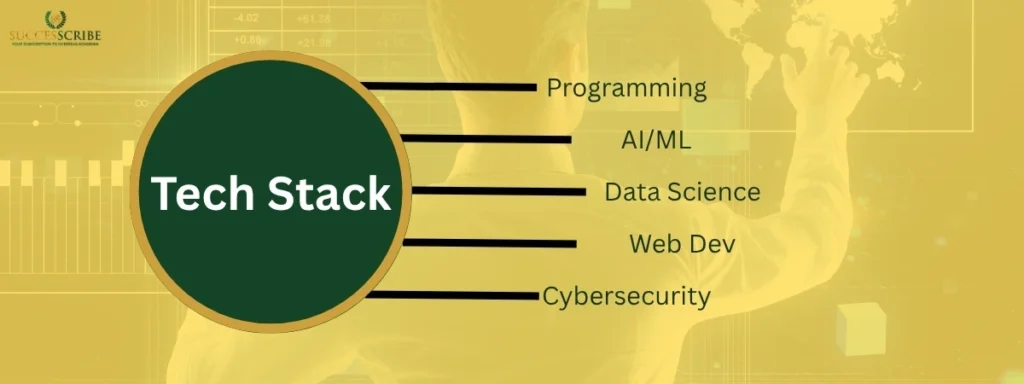
If you’re applying for MS in Computer Science in USA, here’s a list of tools, technologies, and platforms you can strategically mention:
| Domain | Tools/Technologies |
| Programming | Python, Java, C++, JavaScript |
| AI/ML | TensorFlow, Keras, Scikit-learn, PyTorch |
| Data Science | Pandas, NumPy, R, Tableau |
| Web Dev | React, Node.js, Django |
| Cloud Computing | AWS, Azure, GCP, Docker, Kubernetes |
| Cybersecurity | Wireshark, Metasploit, Kali Linux |
| Databases | MySQL, MongoDB, PostgreSQL |
Mention them only if you’ve used them in a project, internship, or certification.
Suggested Post: Bachelor in Computer Science in USA
SOP Guidelines for Freshers (No Work Experience)
If you’re a recent graduate or still in your final year, having no formal work experience does not disadvantage you. Admissions committees understand that many applicants come straight from undergraduate programs. Here’s how to make your SOP stand out as a fresher:
What to Focus On
If you’re a fresher, your SOP for MS in Computer Science in USA should emphasize academic achievements, passion for CS, and hands-on projects.
- Academic Excellence: Highlight strong coursework, GPA, and relevant subjects.
- Projects and Internships: Mention college-level or self-initiated projects, even if unpaid.
- Technical Skills: List programming languages, frameworks, or tools you’ve mastered.
- Passion and Curiosity: Show how your interest in CS developed over time.
- Research Interest or Paper Presentations: Mention any conferences, published papers, or seminars attended.
- Extra-Curricular Activities with Tech Involvement: Coding clubs, hackathons, online certifications.
Sample Content for Freshers Section
“As a final-year undergraduate in Computer Science, my academic experiences have been deeply rooted in hands-on learning. My project on emotion detection using Python and OpenCV during my sixth semester ignited a strong interest in Artificial Intelligence. Though I haven’t held formal employment, I’ve completed multiple self-driven projects, including a weather prediction model using machine learning algorithms. Additionally, my internship with an NGO involved building a donation tracking system, enhancing both my back-end development and real-world problem-solving skills.”
Tips for Freshers:
- Show self-initiative through online courses (e.g., Coursera, Udemy, edX).
- Participate in open-source contributions on GitHub.
- Explain any technical blogs or coding competitions you’ve been part of.
- Be honest, don’t try to fabricate work experience.
Suggested Post: BTech in USA for Indian students
SOP Guidelines for Candidates with Work Experience
For applicants with full-time or part-time industry experience, the SOP should strategically highlight how your professional background has prepared you for graduate-level education and future aspirations.
What to Focus On
- Roles and Responsibilities: Be specific—mention job title, company, duration, and technologies used.
- Key Projects and Achievements: Describe major contributions, outcomes, or improvements made.
- Leadership and Teamwork: Talk about mentoring, collaboration, Agile practices, or team success stories.
- Skills Gained: Technical (e.g., React, AWS, SQL) and soft skills (e.g., time management, communication).
- Career Progression: Explain why you want to transition from work to academics and how it fits your long-term goals.
- Real-World Exposure: How your experience provided you with practical perspectives that you now want to deepen through research or specialization.
Sample Content for Work Experience Section
“As a Software Engineer at Infosys for the past 2.5 years, I worked on cloud migration projects for enterprise clients in the healthcare sector. My role involved optimizing serverless functions using AWS Lambda, which reduced latency by 30%. Collaborating in Agile teams, I gained exposure to CI/CD pipelines and DevOps tools like Jenkins and Docker. This experience highlighted my interest in scalable system design, which I now wish to explore further through graduate studies, specifically in distributed computing and cloud architecture.”
Tips for Applicants with Work Experience
- Quantify your work impact using data (e.g., “Improved app load time by 45%”).
- Mention how your work experience aligns with your future specialization.
- Avoid sounding like a resume—focus on insights, motivation, and transitions.
- If you had a career break, explain it positively (e.g., certifications, learning, volunteering).
Conclusion
When concluding your SOP for MS in Computer Science in USA, reiterate your readiness for graduate studies and gratitude for the opportunity. A well-crafted SOP for MS in Computer Science can significantly boost your chances of admission to a top US university. By following this guide, structuring your thoughts, avoiding mistakes, and tailoring each SOP, you can create a compelling narrative that stands out.
FAQs
How important is the SOP compared to GRE, GPA, and Letters of Recommendation?
While GRE and GPA show academic readiness, and LORs validate your capabilities externally, the SOP is your only chance to speak directly to the admissions committee. It often becomes the deciding factor when applicants have similar scores or achievements. A strong SOP can override an average GRE, but not the other way around.
Should I write a different SOP for each university I apply to?
Yes. While the core structure can remain similar, you must customize each SOP by referencing specific faculty, labs, courses, or research at the respective university. Admissions officers can easily spot a copy-pasted SOP and may reject it for lack of genuine interest.
Should I mention personal challenges or failures in my SOP?
Absolutely, but with caution. Mentioning challenges or failures is valuable if you show resilience, learning, or growth from the experience. Avoid overemphasizing negativity or blaming others. The focus should be on how you overcame the hurdle and what you learned.
Should I include extracurricular activities in my SOP?
Only if they connect to your technical or personal development. For example, participating in a coding club, organizing a hackathon, or managing a tech blog can be relevant. Avoid mentioning unrelated hobbies unless they demonstrate soft skills or leadership.
Can I include future research ideas in my SOP?
Yes! Mentioning research ideas or questions shows intellectual curiosity. If you’ve already identified gaps or problems in current technology that you want to explore, that’s a strong plus, especially for research-oriented programs.
Related Post
Scholarships for bachelors in USA
Scholarships for Masters in USA
Scholarships for Indian students to study in USA
Scholarship for Phd in USA for Indian students


